A US transit agency client just gave me a really interesting bit of feedback on our work as transit network planning consultants at Jarrett Walker + Associates.
They said (paraphrasing): ‘We really appreciate your willingness to challenge us. Most consultants tell us what they think we want to hear. When we went into our last project with you, we expected you to validate that our network was good, but you asked lots of questions we didn’t think to ask, and we ended up making some change to 80% of our service. The results are so much better.’
The fundamental gamble of my career, and our firm, has always been that some clients do want to be challenged. Not everyone government authority wants to be told that everything is fine and they should go on as they are, although many of them do. Some authorities really do see the need to question what they’re doing, and even to back up and question the assumptions that they’re not even aware they’re making.
I say this not to brag, but to encourage. There are spaces in the market for consultants who don’t give clients just what they think they want. There’s even space to express an opinion now and then.
Of course, I don’t recommend everyone taking the risks I’ve taken. Obviously, the book and 15 years of professional blogging have given me some credibility that not everyone has. You may be in a job that truly rewards cowering, as I sometimes was in Australia 18 years ago when a professional friend told me: “The key to success in this business is to write reports that say as little as possible.”[1]
With the world as it is, there’s no time for that.
Feel a bit more courage! Find people who can handle that, and move toward them. You’ll be happier, and the world will be better too.
[1] This was someone working professionally in Sydney, but not associated with my employer at the time, MRCagney.
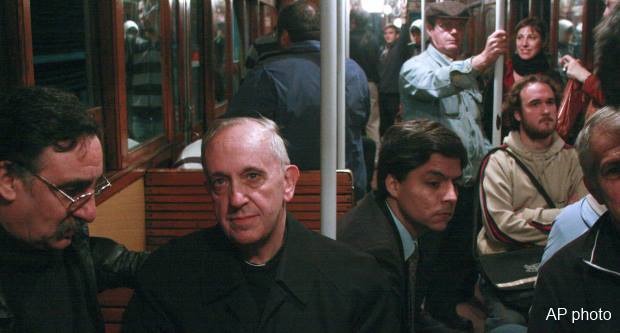
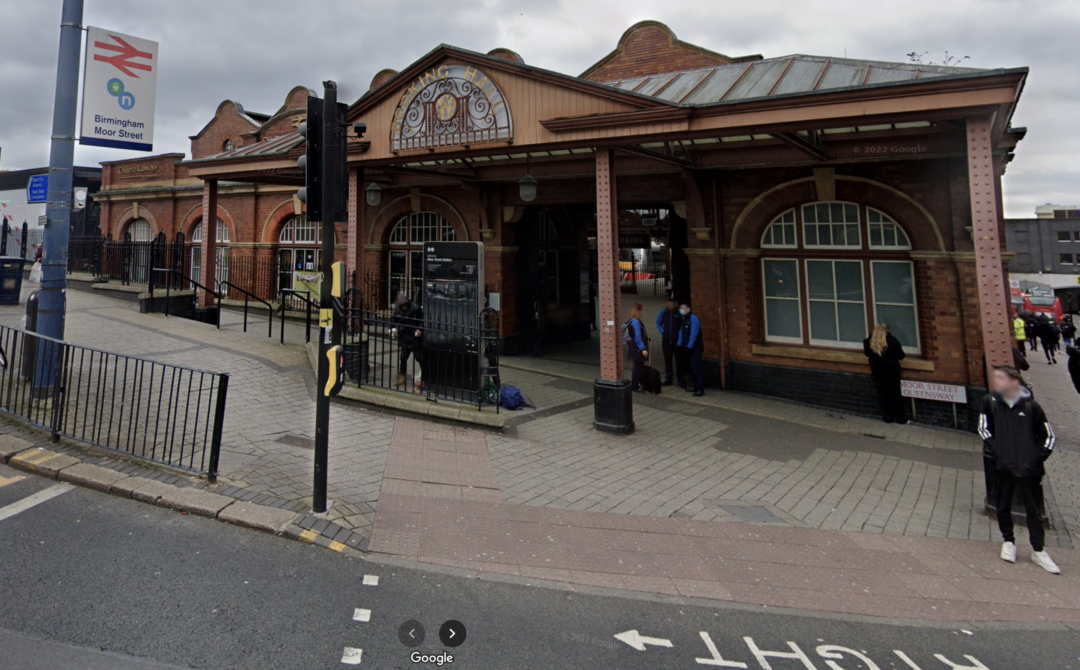
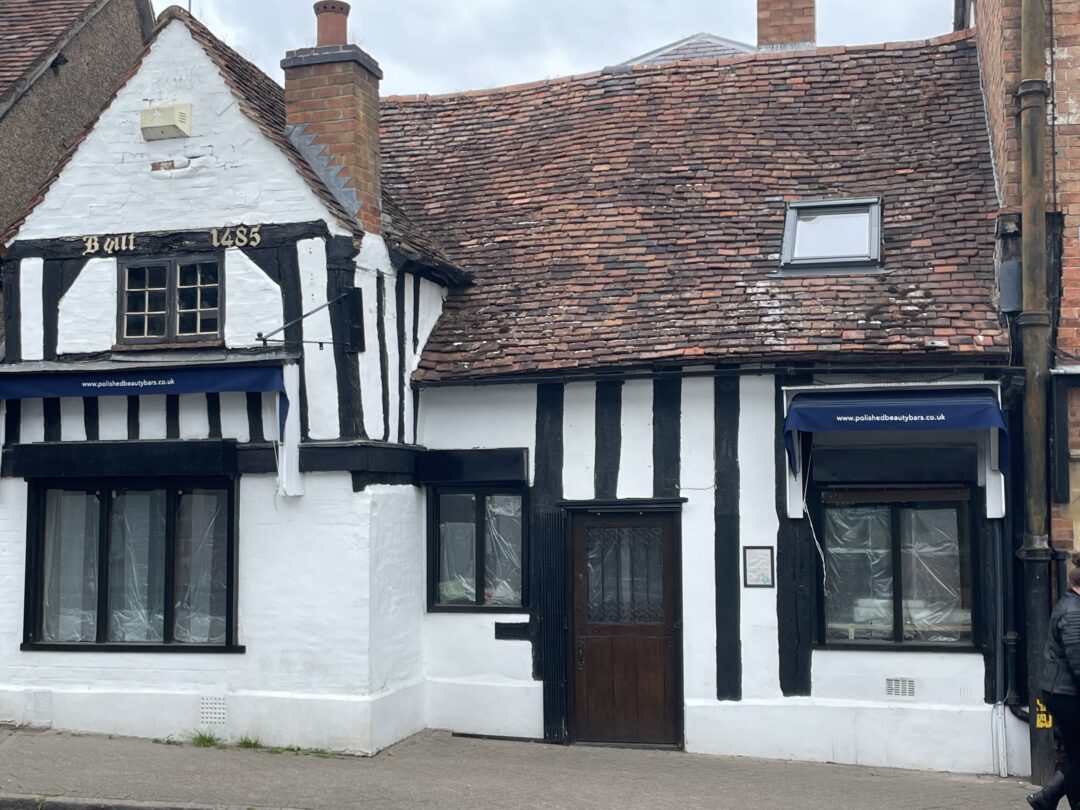
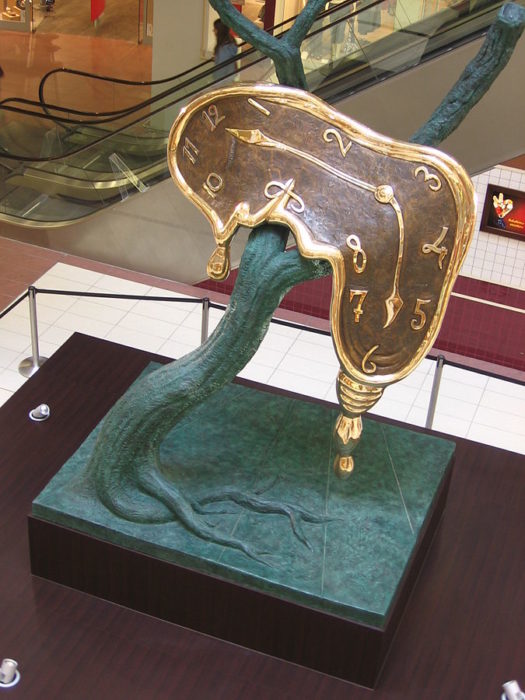
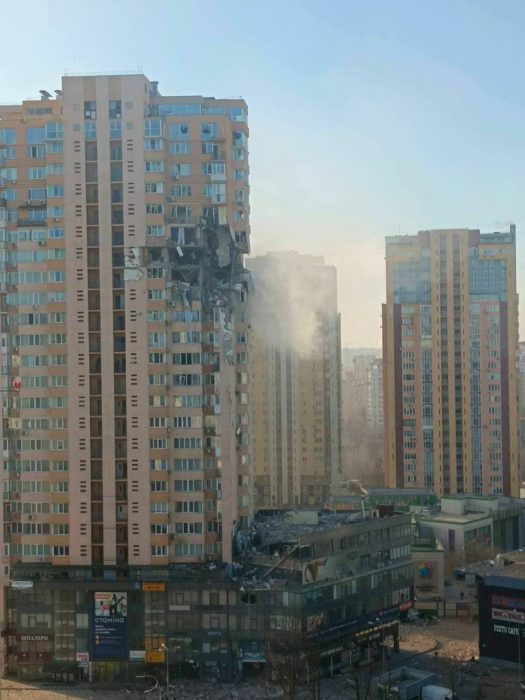
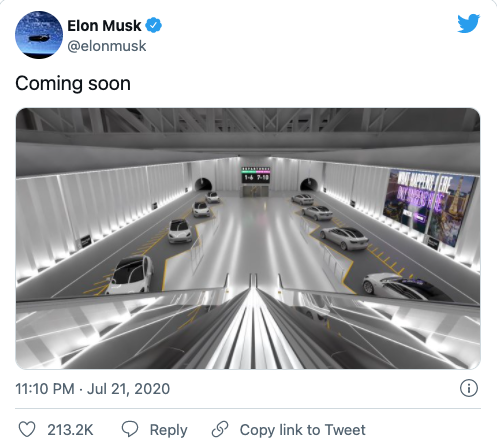
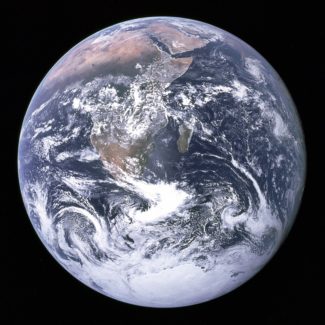
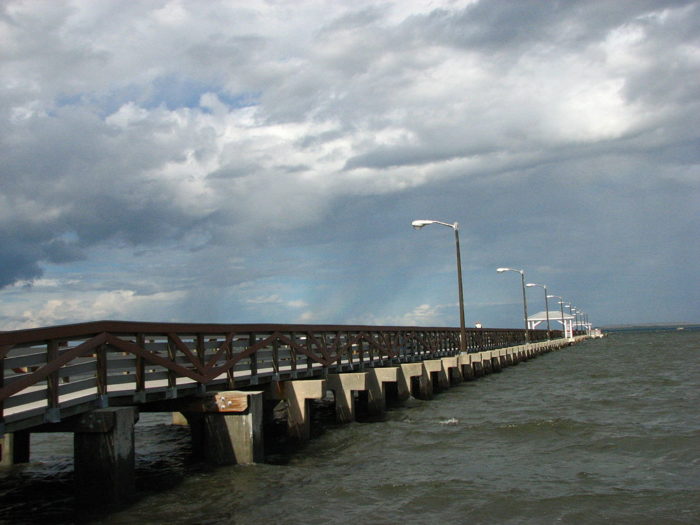
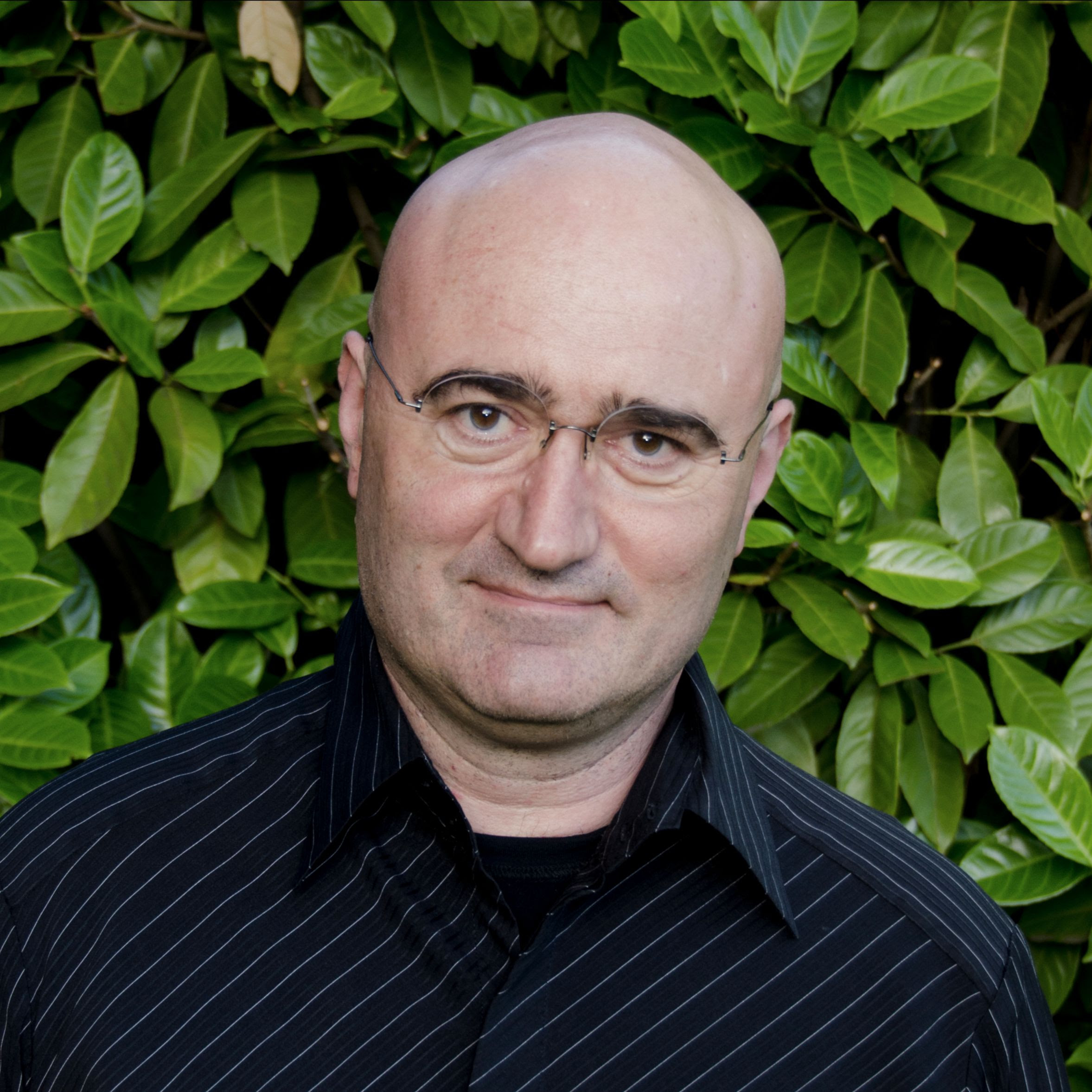 A New Years Letter is supposed to wish you all the best while talking about all our own wonderful news. We have some news, and I’ll share it below. But I also want to think with you about how to face a decade that could be the most challenging of our lives.
A New Years Letter is supposed to wish you all the best while talking about all our own wonderful news. We have some news, and I’ll share it below. But I also want to think with you about how to face a decade that could be the most challenging of our lives.